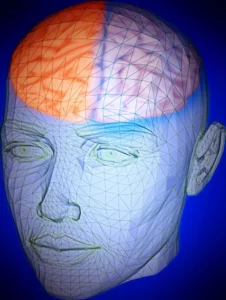

Abstract:
For centuries both neuroscience and behavioural science have been pursuing a Hunt the Difference agenda, trying to find ways of characterising the differences between the brains and behaviour of females and males. But are they asking the right questions? Can brain scientists tell the differences between female and male brains? Are females and males really distinguished by their levels of empathy or their map-reading skills? Drawing on new insights from 21st century neuroscience, this talk revisits these old questions and offers answers that might surprise you.
Biography:
Professor Gina Rippon is Professor of Cognitive Neuroimaging at Aston University. She uses brain imaging techniques such as Magnetoencephalography (MEG), Electroencephalography (EEG) and functional Magnetic Resonance Imaging (fMRI) to explore the relationship between brain and behaviour. She has a particular interest in developmental disorders such as dyslexia and autism and has recently been involved in the development of the new Aston Brain Centre, a brain imaging centre which will focus on typical and atypical development.
Links
